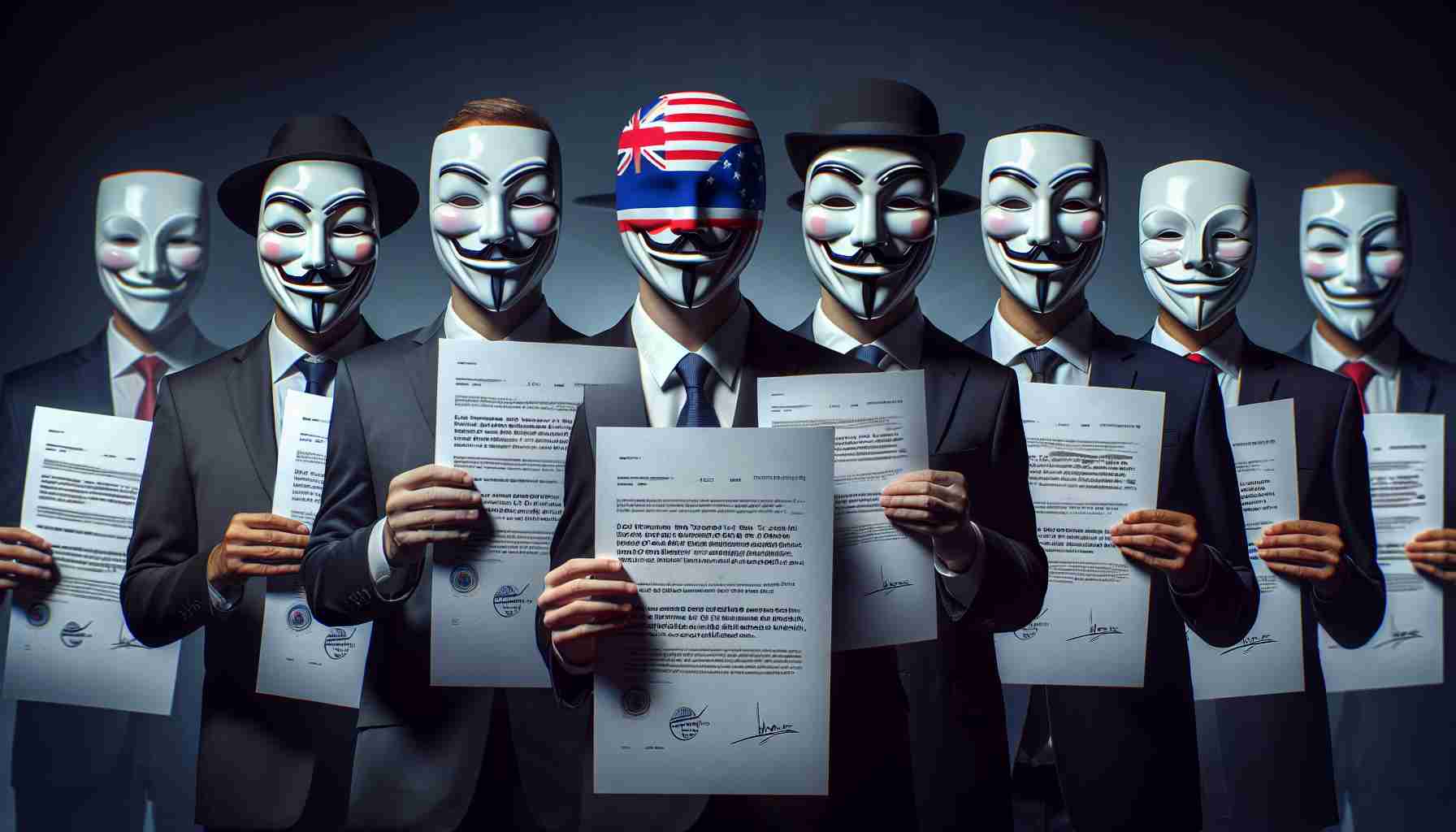Two prominent U.S. political figures have initiated a strong push against the Chinese tech powerhouse Huawei. Senator Marco Rubio and Representative Elise Stefanik have formally requested the U.S. Department of Commerce to halt commerce between American companies and Huawei. This move comes in the wake of Huawei’s decision to incorporate Intel’s latest AI-powered chips into their new line of personal computers.
Rubio and Stefanik’s stance is not without precedent, given the longstanding concerns regarding Huawei’s operations and their implications for national security. Huawei, which has been at the center of cross-border tensions due to allegations of espionage and data theft, is seen as a problematic entity by various government officials across the political spectrum.
The arguments posed by the two legislators resonate with the broader anxiety over the risks associated with allowing the transfer of advanced American technology to corporations tied to the Chinese government. Their insistence on revoking existing export licenses reflects a careful consideration of the potential dangers these technological advancements could pose if leveraged against the interests of the United States and its allies.
As this situation unfolds, the Department of Commerce is now faced with a decision that could significantly influence the U.S.’s ongoing efforts to balance national security interests with international trade obligations. The outcome of this request may very well set a precedent for future tech-trade policies and international corporate relations.
Key Questions and Answers:
Q: Why are U.S. lawmakers calling for a ban on licenses for Huawei?
A: U.S. lawmakers are urging a ban on Huawei licenses because of national security concerns. Huawei is suspected of having ties to the Chinese government, which could pose a risk of espionage and data theft if American technology is transferred to them.
Q: What recent development has heightened concerns over Huawei?
A: The company’s decision to incorporate Intel’s latest AI-powered chips into their new line of personal computers has raised fresh concerns among U.S. lawmakers about the transfer of advanced American technology to Huawei.
Q: What are the potential consequences of the U.S. Department of Commerce complying with the lawmakers’ request?
A: If the Department of Commerce agrees to halt commerce between American companies and Huawei, it could influence future tech-trade policies and have implications for international corporate relations, potentially escalating tensions with China.
Key Challenges and Controversies:
– Economic vs. National Security: There is a tension between maintaining national security and upholding lucrative technological trade relations. Policymakers must often balance commercial interests with the imperative to protect national security.
– Global Supply Chain: Many technology companies, including those in the U.S., are deeply integrated with global supply chains that are hard to decouple from Chinese companies such as Huawei. A ban could disrupt these supply networks.
– Technological Leadership: Preventing the transfer of technology can impact the competitiveness of U.S. companies in global markets, as it may limit their ability to sell products and services abroad.
Advantages and Disadvantages:
Advantages:
– Enhancing U.S. national security by mitigating potential espionage risks.
– Setting a strong precedent for protecting valuable intellectual technology from possible adversaries.
– Encouraging technological and manufacturing independence from China.
Disadvantages:
– Straining diplomatic and trade relations with China.
– Affecting the bottom line of American tech companies relying on sales to Huawei.
– Retaliatory measures from China affecting other sectors and companies.
For those interested in learning more about the broader context of U.S. and Chinese relations and ongoing policy discussions, reputable sources such as the U.S. Department of State and U.S. Department of Commerce websites can be consulted. Similarly, information about Huawei and its range of products and innovation efforts is available on its official Huawei page.
In providing additional facts that are relevant but not mentioned in the article, it’s important to note that the U.S. government has already placed Huawei on a trade blacklist, known as the Entity List, restricting the company’s ability to do business with U.S. firms. Despite this, certain licenses to sell to Huawei have been granted on a case-by-case basis. The U.S. has also been actively discouraging its allies from using Huawei’s equipment in their 5G network infrastructure due to security concerns. Additionally, geopolitical tensions between the U.S. and China, such as trade disputes and competition for technological leadership, provide context for the scrutiny of Chinese technology companies like Huawei.
The source of the article is from the blog karacasanime.com.ve
